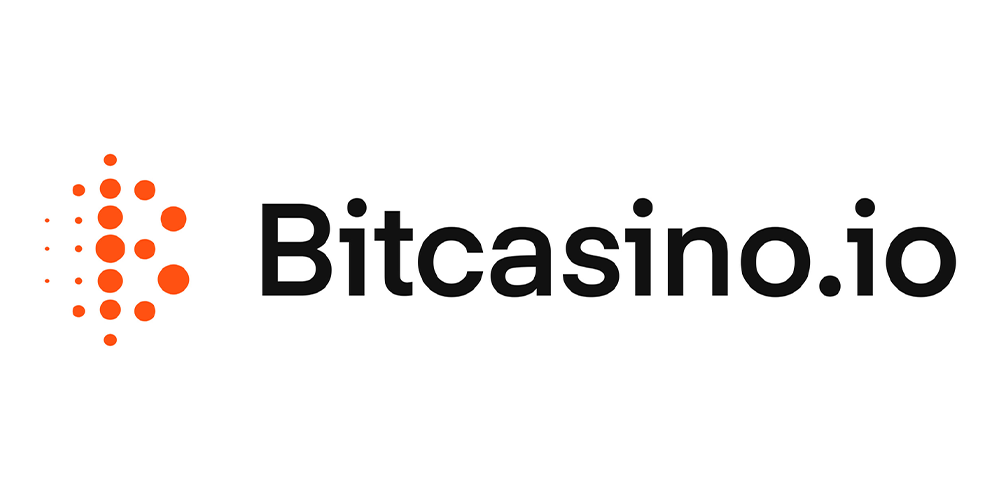Part 2: How Money Broke with Lyn Alden
Where to find the show
Download Episode MP3 File
The file will open in a new window. Click down arrow to download the file.
“The amount of games and shenanigans and corruption that goes on in all these…different currencies, from the big ones and especially the small ones, it’s remarkable; and, it’s largely technological limitation that got us to this point.”
SHOW DESCRIPTION
Lyn Alden is a macroeconomist and investment strategist. This interview is the second of three shows where we discuss Lyn’s amazing new book: Broken Money. In this show, we explore the concept of hard money, the ascendancy of paper money and the transition from gold-backed currency to fiat currency. We talk about the birth of banks, fractional reserve lending, central banks, the flaws of the Bretton Woods system, and the impact of the petrodollar.
- - - -
Historically, hard money like gold has been considered the ideal form of money due to its scarcity & durability. However, another aspect to consider is utility. Paper money, despite not being as hard as gold, became dominant because of its convenience and speed. Speed is perhaps one of the most important functions people demand in money: throughout history, humans have sought to make money more portable and efficient.
At the same time as money was evolving, so were the institutions associated with managing money. Banks can be traced back hundreds of years with the provision of credit and the increased portability of money. The modern form of banks emerged in Europe over the past few centuries; the importance of banking to the functions of the state led to the development of central banks that financed governments, particularly during times of war.
The demand for speed opened the door for the introduction of fiat currency, which offered faster and more convenient transactions. Government legal tender laws and taxes on non-monetary assets further solidified the dominance of fiat currency. But, this also opened up the distortion of money as a result of greed and abuse. The speed arbitrage provided by fiat currency has allowed for more manipulation and corruption.
The evolution of fiat currency led to the emergence of the petrodollar: the United States sought to replace gold with the dollar and maintain its economic and military dominance by enabling the dollar to become the global reserve currency. However, this has negatively impacted countries outside of the US, and it’s also now affecting the US. The future of money needs a reboot. The development of a decentralized alternative will be the focus of the final show of this series.
TIMESTAMPS
00:01:40: Introductions
00:02:33: The utility of speed, and the rise of fiat
00:05:03: The inevitability of Bitcoin
00:09:28: A history of banking
00:19:30: Double-entry bookkeeping
00:24:40: Fractional-reserve banking
00:27:45: The birth of central banks, and war bonds
00:39:05: Failed attempts to repeg to gold
00:45:20: Bretton Woods, petrodollar, and monetary power
00:57:23: Harsh effects of extreme high inflation
01:03:39: End of the global dollar reserve currency?
01:07:19: Final comments
SUPPORT THE SHOW
If you enjoy The What Bitcoin Did Podcast you can help support the show by doing the following:
Become a Patron and join our Discord to get access to shows early or help contribute
Make a tip:
Subscribe on iTunes | Spotify | Stitcher | SoundCloud | YouTube | TuneIn | RSS Feed
Leave a review on iTunes
Share the show and episodes with your friends and family
Subscribe to the newsletter on my website
Follow me on Twitter Personal | Twitter Podcast | Instagram | Medium | YouTube
If you are interested in sponsoring the show, you can read more about that here or please feel free to drop me an email to discuss options.
SPONSORS
SHOW NOTES
Connect with Lyn:
Mentioned in the interview:
Other Relevant WBD Podcasts:
WBD631: Beginners Guide Part 2/3 - What is Bitcoin? With Harry Sudock
WBD630: Beginners Guide Part 1/3 - Why Bitcoin? With American HODL
WBD669: WBD Live in Miami - The Money Printing Debate with Jeff Snider and Lyn Alden
WBD587: How the IMF & World Bank Exploit Poor Countries with Alex Gladstein
WBD565: Europe in Crisis with Lyn Alden
WBD549: Why Bitcoin is the Best Monetary Network with Lyn Alden
WBD353: From the Petrodollar to a Bitcoin Standard with Alex Gladstein & Nic Carter










